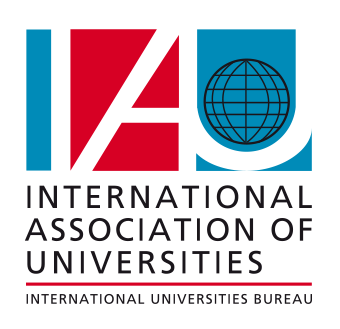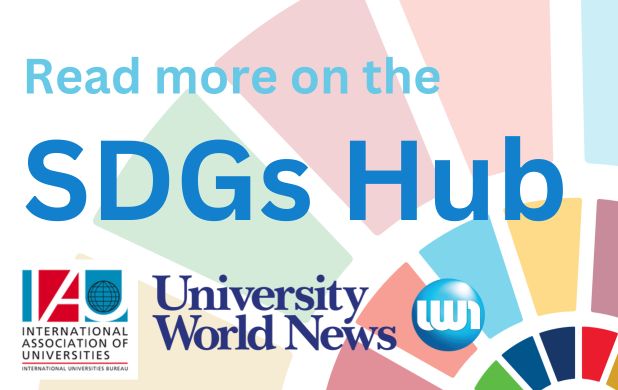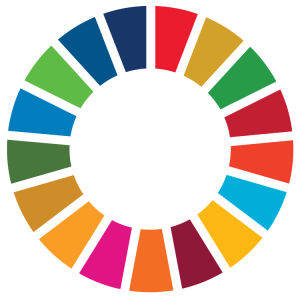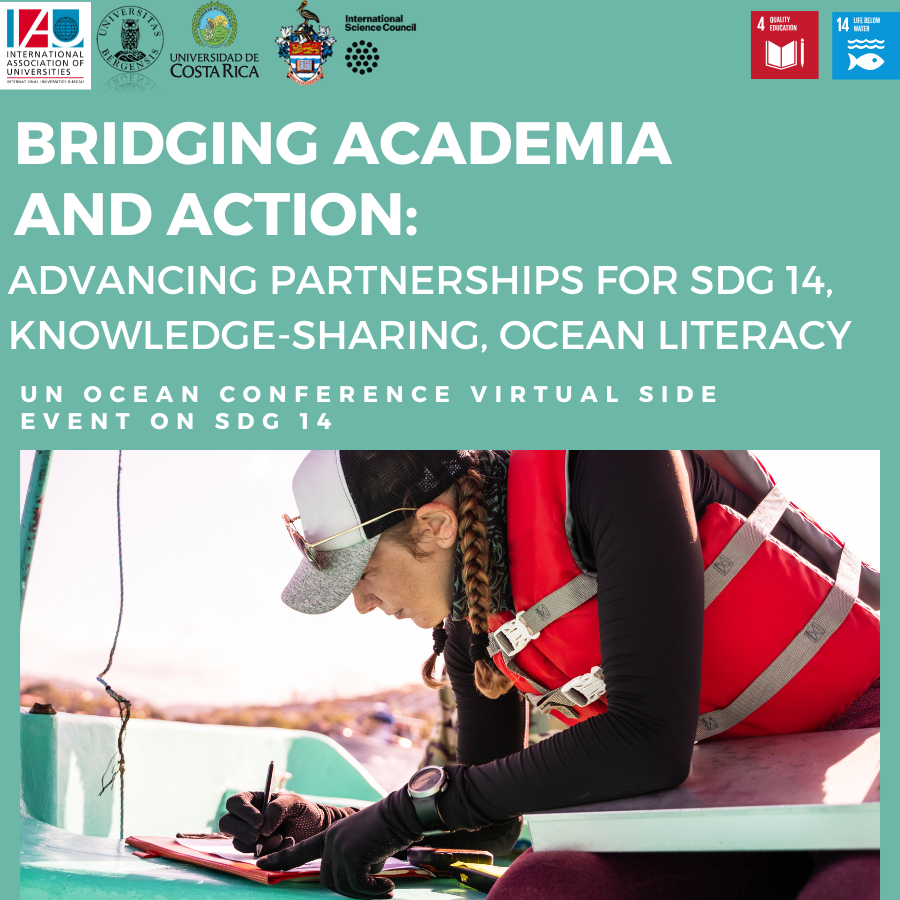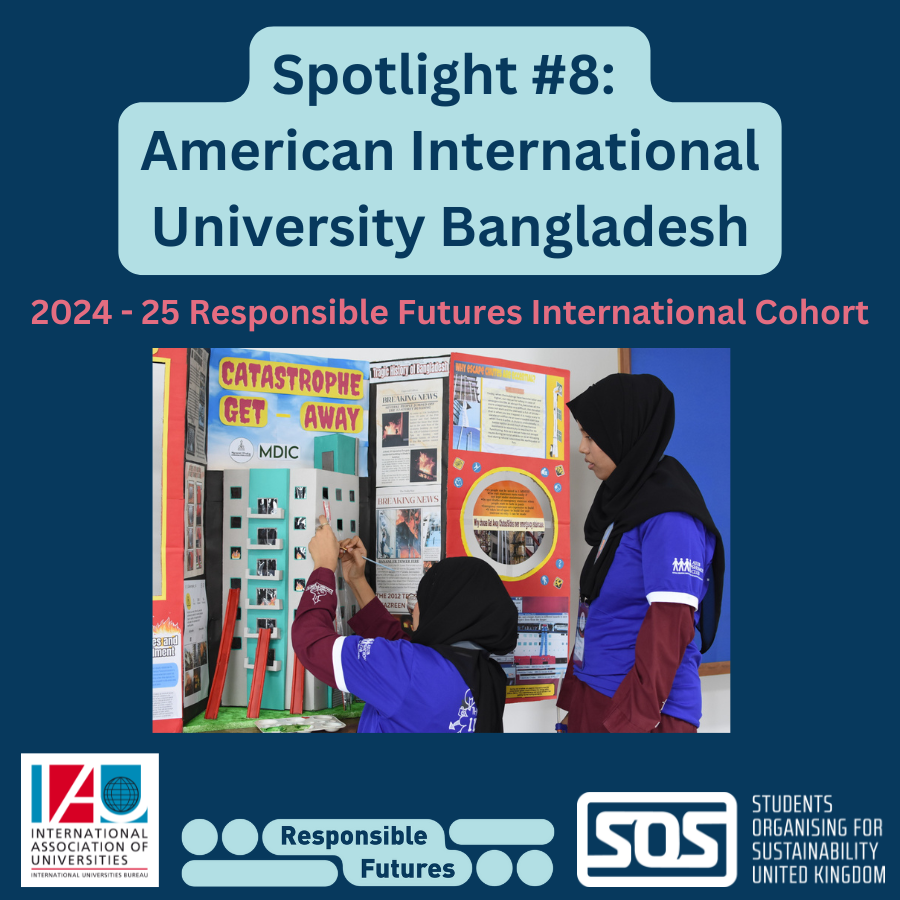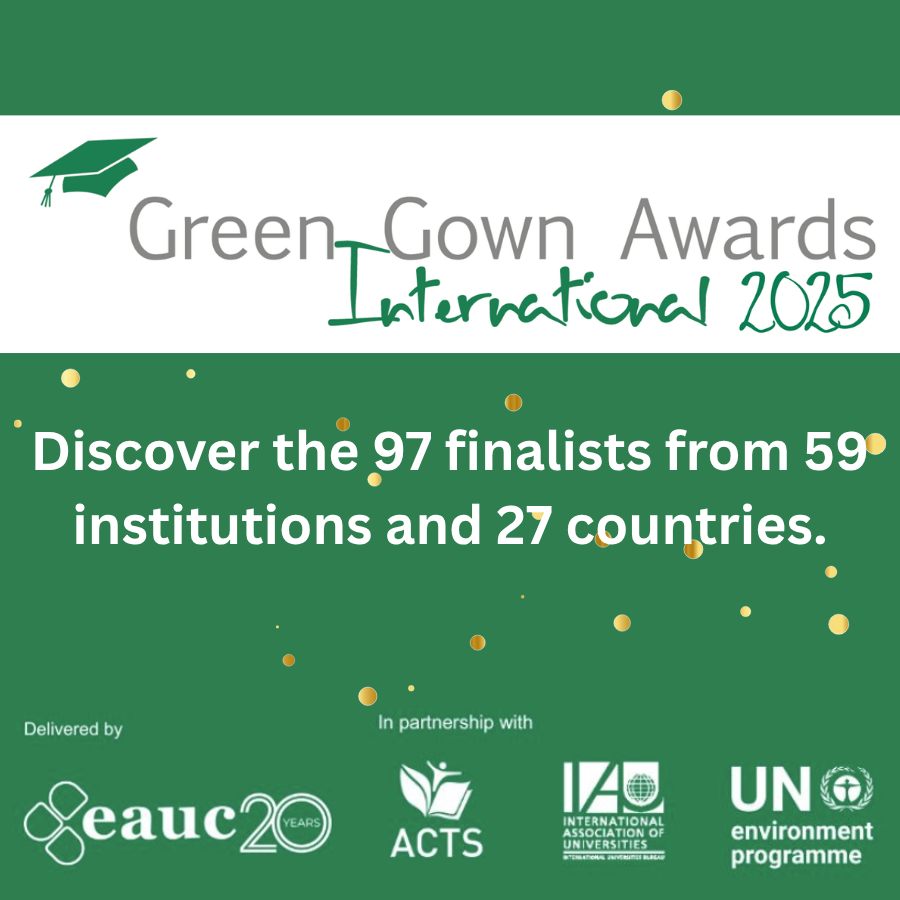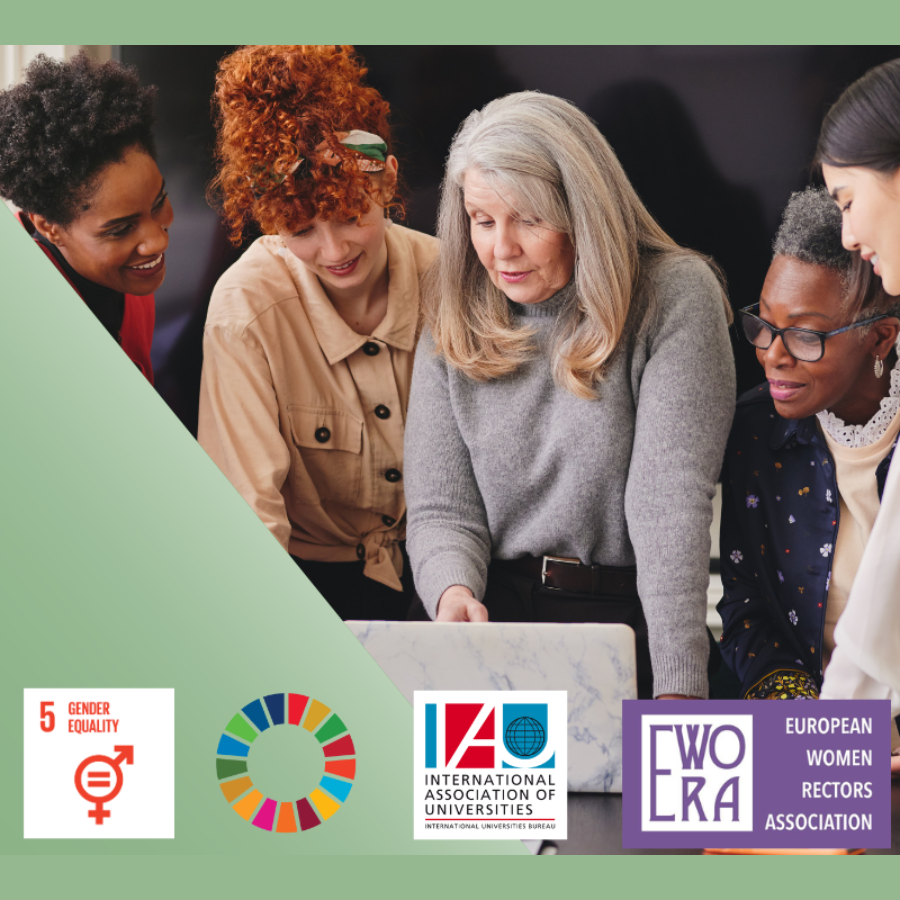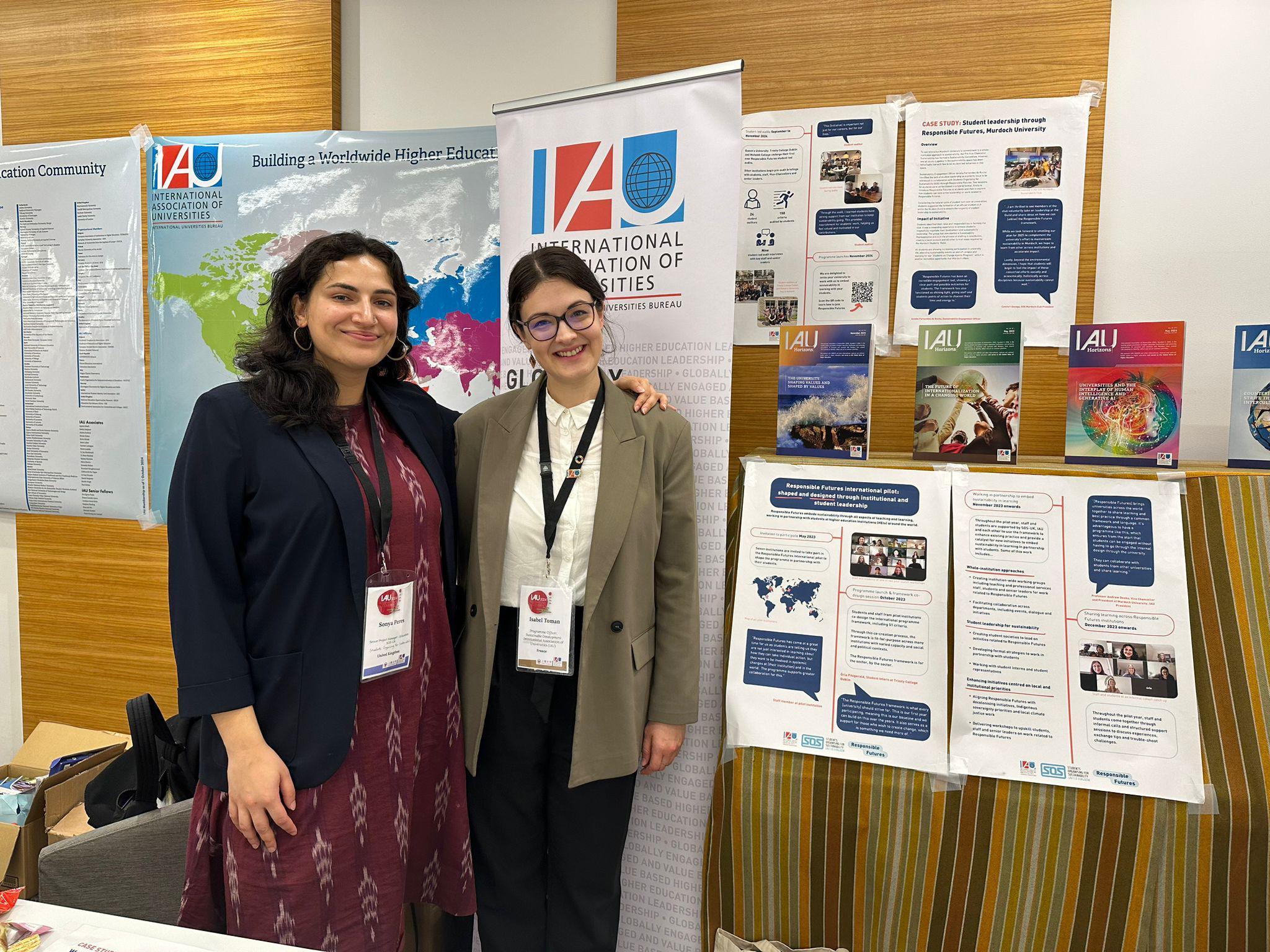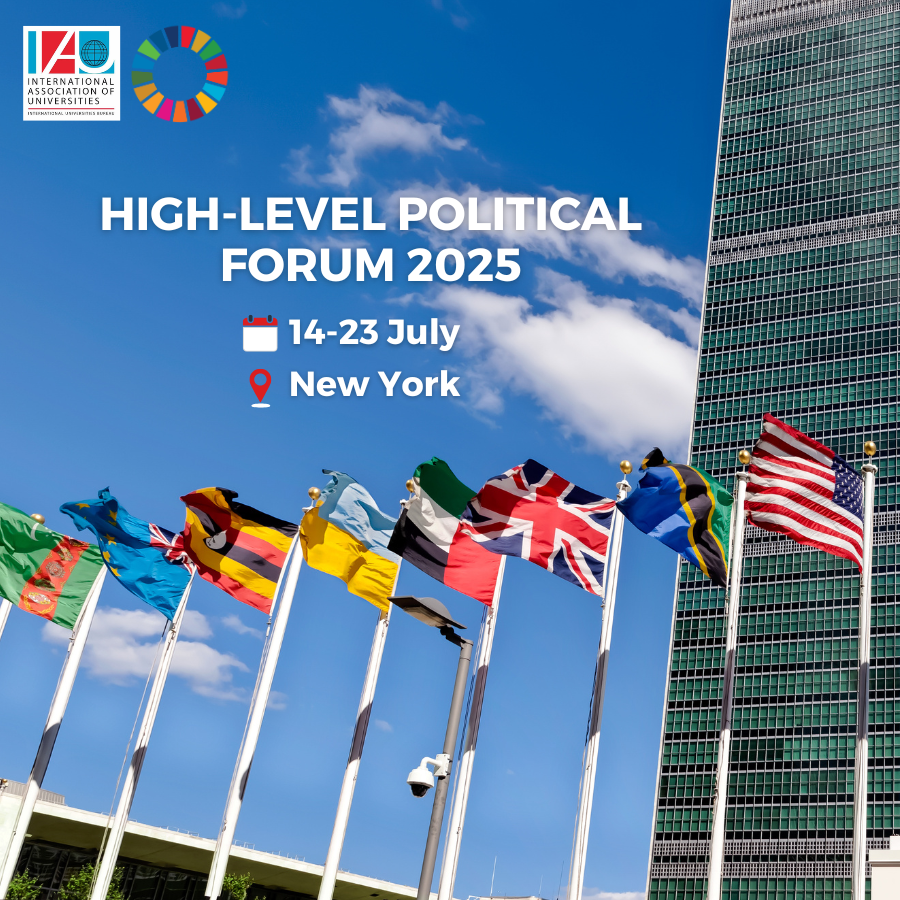
The High-Level Political Forum 2025 (HLPF) will convene under the theme: “Advancing sustainable, inclusive, science- and evidence-based solutions for the 2030 Agenda for Sustainable Development and its SDGs for leaving no one behind.”
This year’s Forum will review five interconnected goals:
-
SDG 3 – Good Health and Well-being
-
SDG 5 – Gender Equality
-
SDG 8 – Decent Work and Economic Growth
-
SDG 14 – Life Below Water
-
SDG 17 – Partnerships for the Goals
The Forum will welcome high-level representatives from governments, UN bodies, academia, civil society, and the private sector. In addition to the ministerial segment (21–23 July), the programme will include:
-
Voluntary National Reviews (VNRs) showcasing country-level progress
-
Side events, special sessions, VNR Labs, and exhibitions exploring practical, interdisciplinary, and collaborative pathways to sustainability
As an organisation holding ECOSOC consultative status, the International Association of Universities (IAU) actively contributes to this important UN platform. We are pleased to announce that IAU will participate in the 2025 HLPF with a small delegation, led by the IAU Secretary General, and including representatives from the University of Gothenburg and institutional partners. Together, we aim to highlight the critical role of higher education in advancing the SDGs, now and beyond 2030.
IAU will be involved in the following events during HLPF 2025:
-
Monday, 21 July – HESI Global Forum: Breaking Barriers in Sustainable Development Through Scientific, Inclusive and Equitable Solutions (virtual)
-
Tuesday, 22 July – Side Event with the University of Gothenburg, University College Dublin, and partners focused on SDG 8: Decent Work and Inclusive Growth
-
Tuesday, 16 July - Event hosted by the Education and Academia Stakeholder Group
As the 2030 deadline approaches, the HLPF remains a central space for reinforcing accountability, fostering innovation, and ensuring no one is left behind.
Click here for more information.
